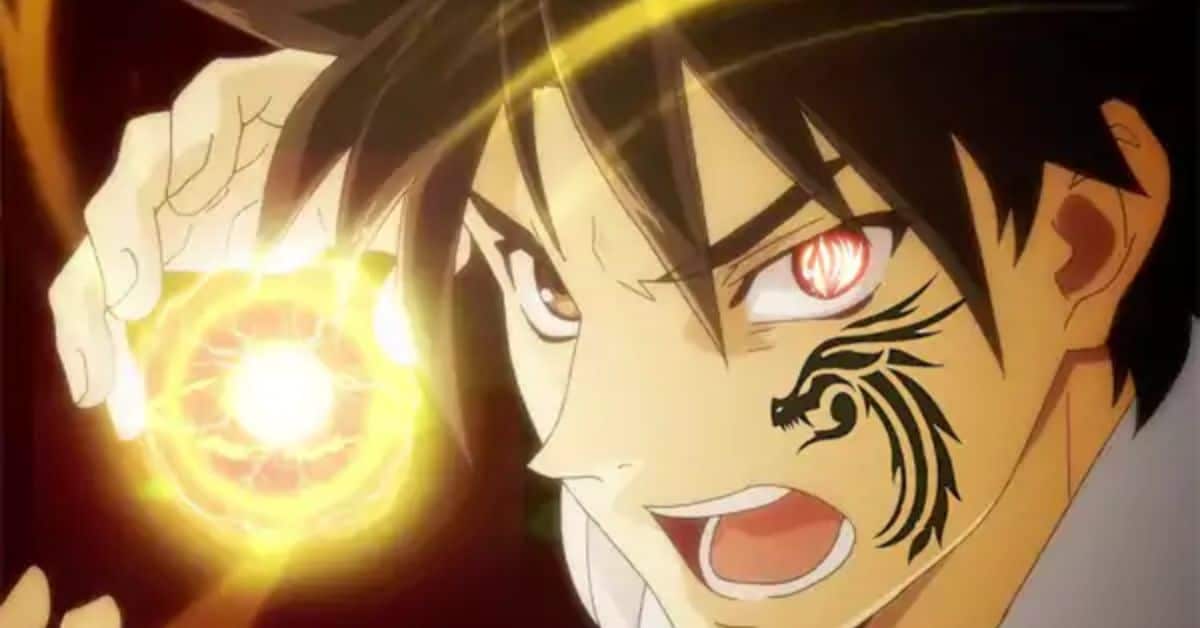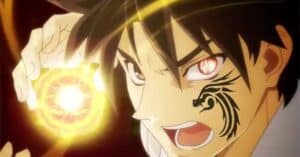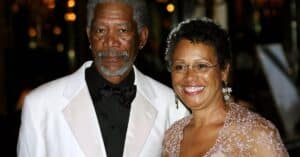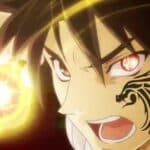In contemporary literature, few works have captivated readers like The Disowned Child: Chronicles of Unleashed Divine Bloodlust. This mysterious masterpiece has it all. It has complex characters, deep themes, and thrilling action. It will captivate readers from the first to the last page. We’ll explore the complexities of this literary phenomenon. It has many elements and has impacted the literary world.
Imagine a world where divinity and humanity blur. A celestial child is cast into a realm of mortals. This premise sets the stage for an epic tale. It’s about self-discovery, redemption, and powers beyond mortal comprehension. The Disowned Child: Chronicles of Unleashed Divine Bloodlust challenges readers’ views on good and evil, fate, and existence.
Also, read this: Imgsed: Top Tool for Anonymous Instagram Browsing
Character Development: Unraveling the Complexities
At the heart of The Disowned Child is a cast of characters that defy archetypes. The protagonist, a disowned child of divine lineage, grapples with their celestial heritage and the burden of powers they can barely comprehend. This internal struggle sparks a journey of self-discovery. It resonates with readers, mirroring our own quests for identity and purpose.
The supporting characters in “The Disowned Child: Chronicles of Unleashed Divine Bloodlust” are complex. Each has their own motives and backstories that intertwine with the main plot. The story’s tapestry is complex. Mortal allies must accept the protagonist’s otherworldly nature. Divine entities, whose schemes set the plot in motion, add to the mix. Every character adds depth.
Thematic Exploration: Unveiling Universal Truths
“The Disowned Child: Chronicles of Unleashed Divine Bloodlust” explores deep themes that profoundly resonate with readers. The story explores identity and belonging. The protagonist struggles with their divine heritage in a mortal world. This exploration of self speaks to the universal human experience of finding one’s place in the world.
“The Disowned Child: Chronicles of Unleashed Divine Bloodlust” explores power and its consequences. As the protagonist grapples with new powers, a question arises: does absolute power corrupt absolutely? It critiques leadership and morality. It explores the duties of great power.
Impact on Readers: A Journey of Transformation
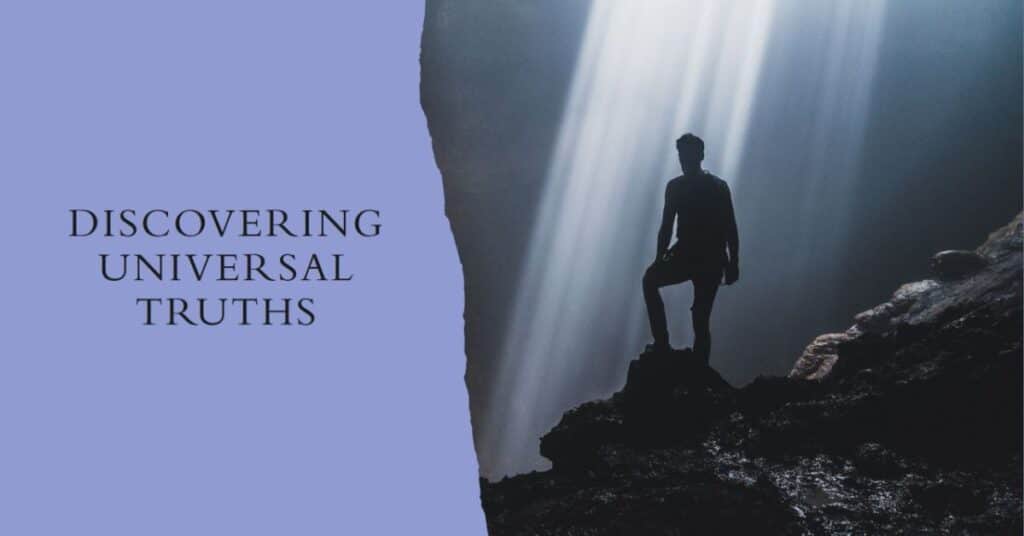
“The Disowned Child: Chronicles of Unleashed Divine Bloodlust” has deeply impacted its readers. It has inspired them to reflect and grow. Many have reported a shift in their views on life, death, and existence after immersing themselves in the story’s rich tapestry.
The emotional rollercoaster of “The Disowned Child” proves its power. It is a tale of unleashed divine bloodlust. From heart-pounding action to quiet introspection, the story stirs deep emotions. They linger long after the final page is turned.
Also, read this: Jeanette Adair Bradshaw: Morgan Freeman’s ex-wife, in short.
Critical Perspectives and Reception
Critics have hailed “The Disowned Child” as a fantasy tour de force. It has been praised for its intricate world-building, complex characters, and deep themes. They elevate it beyond typical genre conventions.
Some reviewers see parallels between “The Disowned Child” and classic myths. The story’s themes of divine interference and the hero’s journey have been compared to ancient epics. This highlights its universal appeal.
Conclusion
“The Disowned Child: Chronicles of Unleashed Divine Bloodlust” shows the power of storytelling to captivate and inspire. Its rich characters, deep themes, and masterful narrative make it a unique work in contemporary literature.
As readers find and re-find The Disowned Child: Chronicles of Unleashed Divine Bloodlust, it deeply impacts the literary world. It serves as a reminder of the enduring power of stories to connect us with universal truths and ignite our imaginations.

Fashioneleganto, curated by fashion enthusiast Brook, is your go-to destination for chic and elegant styles. Discover the latest trends, timeless classics, and expert styling tips for every occasion.
